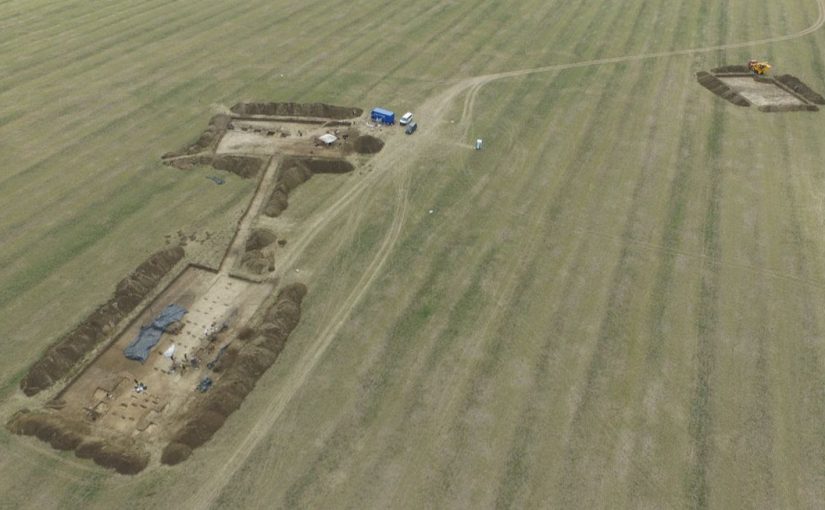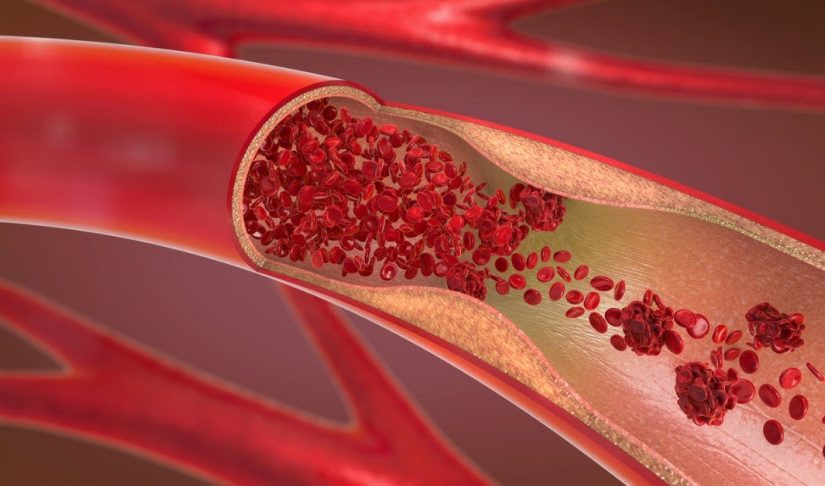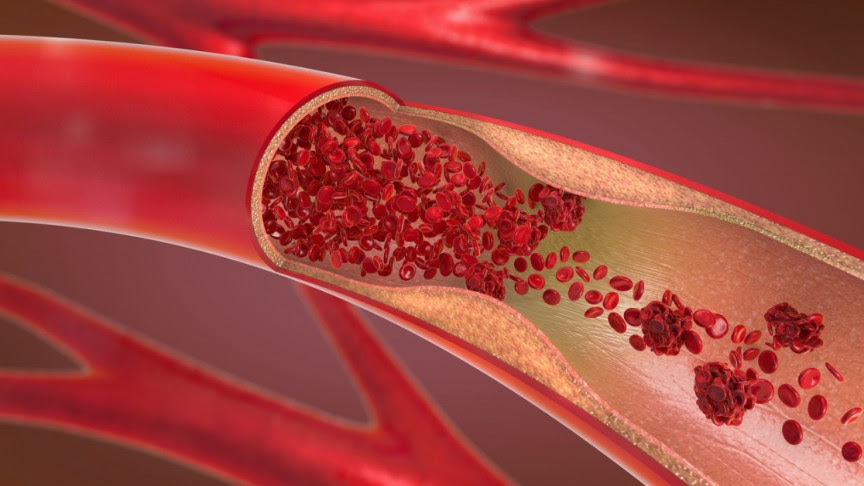Headlines are notorious for being misleading. They use oversimplification and distortion, mainly, I think. Many headlines amount to clickbait. I recall a recent series of articles that said Mt. Vesuvius had turned one victim’s brain into glass. What had actually happened was the heat had vitrified a couple patches of brain tissue next to the inside of the person’s skull. A few bits of overcooked tissue is not the same as turning the brain into glass!
This headline is bad for another reason: the punctuation is wrong, and it makes the headline misleading.
New Nanoparticle Eats Away At Heart Attack Causing Plaques
Interesting Engineering, Jan 31, 2020
The first time I read this, I supplied a comma after “attack.” A nanoparticle eats away at heart attacks? It causes plaques?
Okay, I can understand using the singular to refer to many of one type of thing, so I’ll give the writer a pass on that. But compound adjectives should be hyphenated! The headline should say “heart-attack-causing plaques.” The nanoparticles eat away at the plaques—plaques that cause heart attacks no less.
So think about your adjectives. Remember, if people can misinterpret something, they will.
Here’s an artist’s conception of this:





